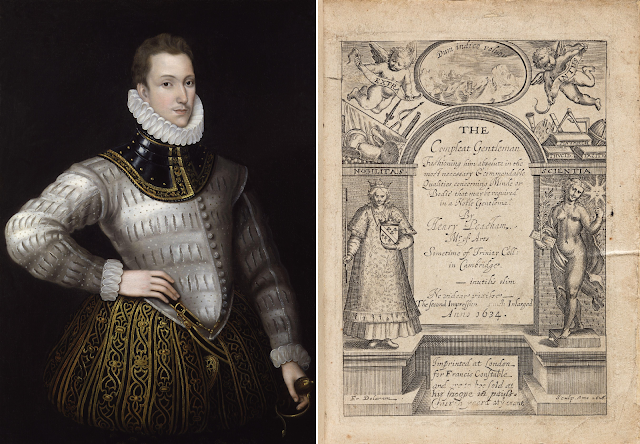Classic, Romantic, Decadent

Left: Amphora depicting Oedipus and the Sphinx of Thebes (450–440 BC, MFA Houston) Middle: Oedipe explique l'énigme du sphinx (1808, Jean-Auguste-Dominique Ingres, Louvre) Right: Oedipus and the Sphinx (1864, Gustave Moreau, The Metropolitan Museum of Art) An abridgement of G. H. Mair's sweeping yet concise survey of modern English literature (1911, Oxford University Press, The Home University Library Series), recast as an essay on the meanings of classic, romantic, decadent. The Decline of Elizabethan Drama [The] voluminous plays of Beaumont and Fletcher mark the beginning of the end. They are the decadence of Elizabethan drama. Decadence is a term often used loosely and therefore hard to define, but we may say broadly that an art is decadent when any particular one of the elements which go to its making occurs in excess and disturbs the balance of forces ...



